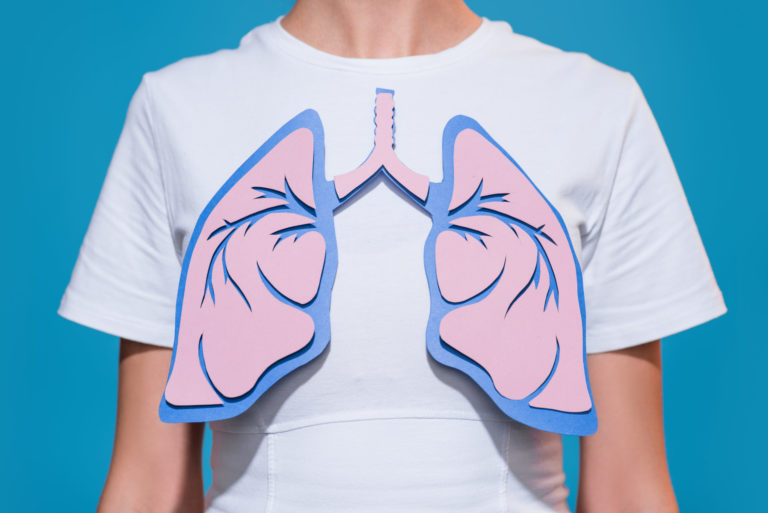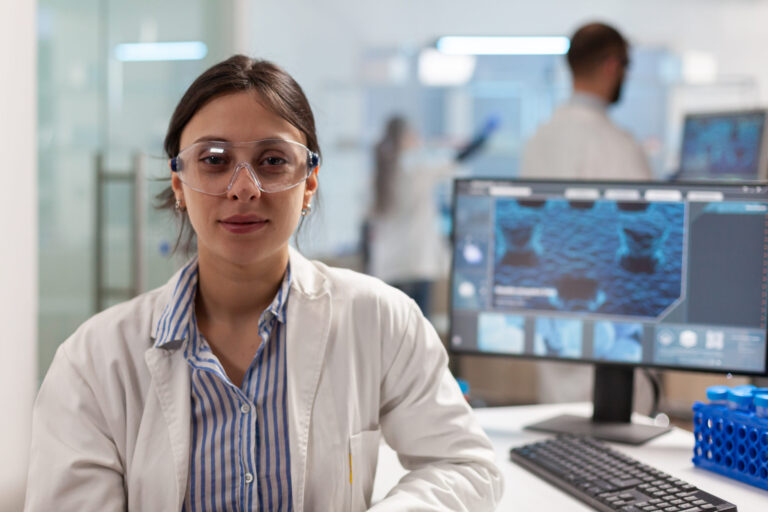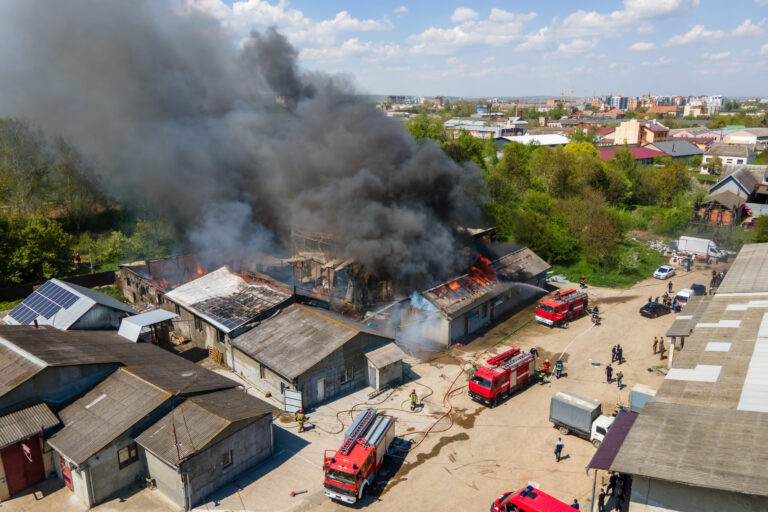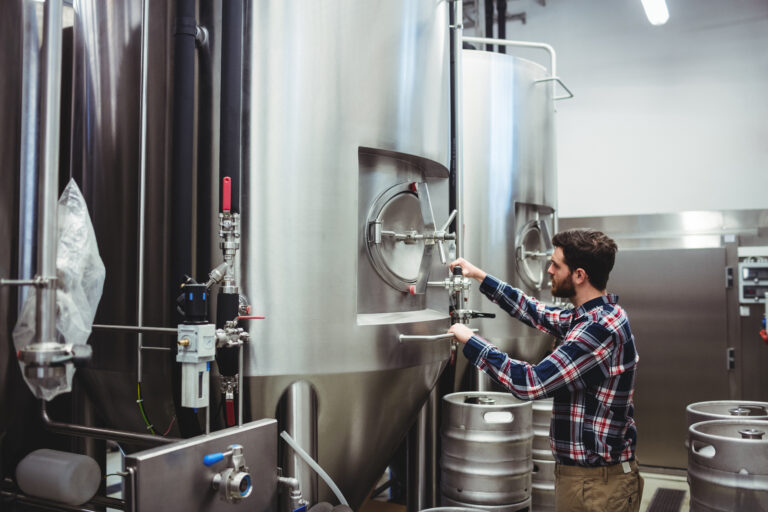During chemotherapy, it is important to maintain healthy nutritional habits to keep your body strong. Chemotherapy can weaken the immune system and cause side effects such as nausea, vomiting, and diarrhea, which can make it difficult to eat. In this article, we’ll explore the importance of healthy nutrition while undergoing cancer treatment. Keep reading to learn more.
Understanding How Chemotherapy Affects the Body
Chemotherapy is a cancer treatment that uses drugs to kill cancer cells. It is often used along with radiation therapy or surgery. Chemotherapy destroys fast-growing cells, including cancer cells. Unfortunately, chemotherapy may also harm normal, healthy cells, which can cause side effects. Side effects of chemotherapy depend on the type and dose of therapeutics used. They can include fatigue, nausea and vomiting, hair loss, mouth sores, and diarrhea.
There is evidence that suggests that certain foods may help improve symptoms or side effects associated with chemotherapy. For example, consuming high-fiber foods like fruits and vegetables may help reduce constipation. Foods that are high in antioxidants, such as berries, may help protect the body from damage caused by chemotherapy.
When you receive a cancer diagnosis, it’s important to find a specialist to explore your treatment options. The internet has made it easier than ever to find an experienced oncologist (cancer specialist), no matter where you live. If you’re in Freehold, New Jersey, for instance, try searching online for “cancer treatment in Freehold, NJ” to find qualified specialists near you.
Getting Adequate Amounts of Key Nutrients
Chemotherapy is a necessary treatment for many cancers, but it can also be hard on the body. It’s important to maintain healthy nutritional habits during chemotherapy to help your body recover and stay strong. Protein and calcium are especially important, as they play key roles in your body’s healing processes.
Protein helps build new cells and tissues, including those that make up the immune system. Getting enough protein during chemotherapy can help your body recover more quickly from the treatment. Good sources of protein include meat, poultry, fish, eggs, dairy products, legumes, and nuts.
Calcium is essential for bone health and plays a role in cell signaling and other biochemical processes. During chemotherapy, you may be at risk for developing osteoporosis or other bone problems. Getting enough calcium can help protect your bones from damage caused by chemo drugs. Good sources of calcium include milk and other dairy products, fortified foods such as orange juice and cereal, tofu made with calcium sulfate, and some leafy green vegetables such as kale and collard greens.
Eating a Balanced Diet
There are many ways to get the nutrients you need while undergoing chemotherapy. You can eat whole foods, such as fruits, veggies, whole grains, and lean proteins. You can also drink smoothies made with fresh fruit and veggies or protein shakes made with low-fat milk or yogurt. If you don’t have an appetite for solid food, try drinking nutrient-rich soups or eating light snacks such as nuts or seeds.
Nutritional meal delivery can be a great way to make sure you are getting the nutrients you need while undergoing chemotherapy. Meal delivery services can provide nutritious, balanced meals that will help you maintain your nutritional status during treatment. A meal delivery service is a great option for people who are unable to go to the grocery store or cook meals for themselves due to the side effects of receiving cancer treatment.
Speak with your health care provider or oncology specialist about how to maintain healthy habits while undergoing treatment. Your health care provider may refer you to a registered dietitian who can help you develop a meal plan that meets your dietary needs and can address any dietary restrictions or preferences you may have.
Overall, it is important to maintain healthy nutritional habits during chemotherapy to reduce the risk of adverse effects and maintain overall health.











